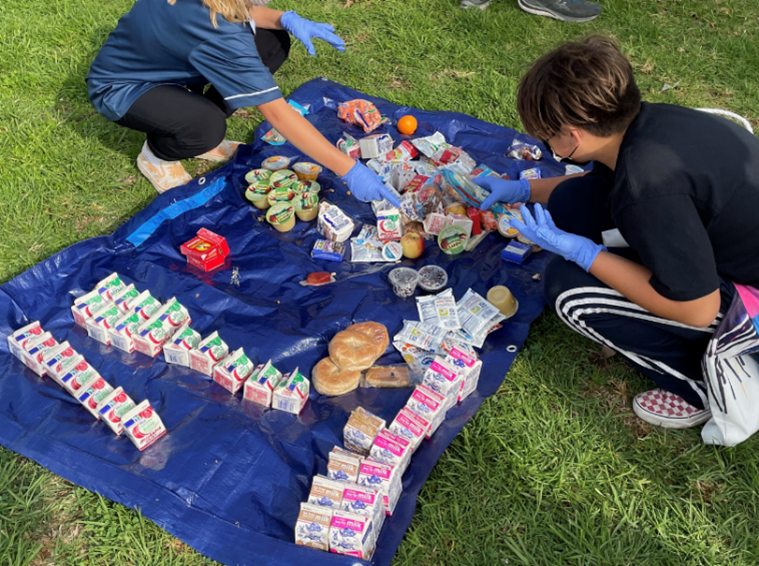Sustainable Back to School Tips
With school starting soon, it’s time to stock up on prepackaged snacks, school supplies, and more. Trying to cut down on waste during the school year may seem impossible, especially with younger kids. Below are tips on how to reduce your waste through supplies, lunches, and even clothing.
Less Waste at Lunchtime
Aim for plastic free lunches.
- Reusable containers, water bottles, and bento boxes make it incredibly easy to pack a lunch that is plastic free. Stay away from plastic bags by using reusable silicone ones, or bento boxes which already have different sections for food.
- If you have older kids, try giving them reusable utensils and napkins (cool designs might make it less likely for them to be accidentally thrown out).
Unfinished Food
- Normalize bringing home unfinished food. Prepackaged snacks can be reused the next day. If your child is getting bored with their snacks, try rotating through a few different options throughout the week.
School Supplies
Use items you already have.
- Most kids don’t fill up a whole notebook every year. Have them use the unused pages for a different class the next year. Other items (binders, pencils, pens, scissors, etc.) should be used until the end of their lifespan.
- When using index cards for studying, cut the cards in half to make them last longer.
Avoid plastic items.
- Regular pencils are more environmentally friendly than mechanical pencils which are made of plastic and need plastic lead containers to refill.
- Composition books are easier to recycle than spiral notebooks according to Recycle Nation. Spiral notebooks require you to remove the metal spiral before placing in your curbside recycling bin.
- Rather than using plastic binder dividers or folders, opt for the paper ones.
- Instead of plastic highlighters, try using colored pencils or highlighter pencils.
Try secondhand supplies
- Thrift stores, neighbors, your local Buy Nothing groups, and other places may have school supplies from previous years to give away or sell.
Look for items made from recycled materials:
- While items made from recycled materials are a great resource for those of us trying to be more eco-friendly, greenwashing* is on the rise. Always check these products to be sure they can be recycled again once you are done using them.
Beyond Snacks and Supplies
Thrift clothes that your kids misplace or grow out of quickly, such as jackets and jeans.
Invest in durable shoes. Once they begin to look dirty and worn down, wash the shoes and replace the laces rather than buying a whole new pair.
Talk about waste sorting to your little ones so they know where things go and can educate their peers.
What is the City doing?
Photo: Students conducting a waste audit (BCK Programs).
The City works closely with BCK Programs to assist in school recycling programs. In the past school year, approximately 171 pounds of recycling were diverted per day across 12 Encinitas schools. BCK Programs took waste audits, reduced food waste, and expanded donations at schools by implementing "Second Chance Food Baskets.” Baskets were available at schools for students to donate leftover food they did not want to eat. Over the course of the first six weeks of implementation, the total recovered food exceeded 650 pounds and was donated to St. Andrews food pantry in Encinitas. They also assisted EUSD with a shift away from plastic sporks to a compostable (and sustainably grown) birch spork which was implemented in the 2021-2022 school year.
Sources:
How to Recycle Notebooks – RecycleNation
*Greenwashing: When an organization promotes itself as eco-friendly and sustainable, when in reality their claims are exaggerated or misinformed.
Previous Post
Clean-Powered Communities
Next Post
How to incorporate sustainability into your child's online and in school learning



